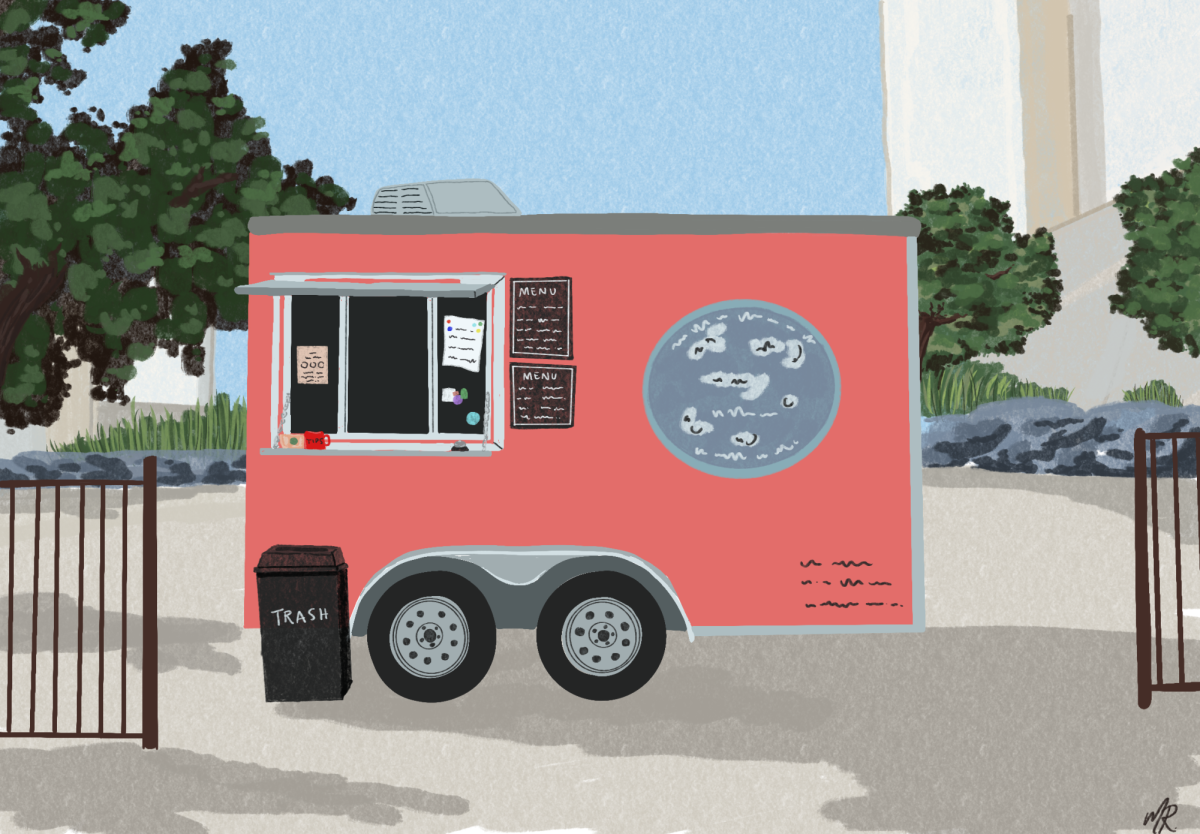For many, a vegan or vegetarian diet is an incomprehensible idea. To others, it’s just a difficult endeavor. The benefits of eating plant-based are vast, and starting off eating meat-free once a week can make a world of a difference.
To motivate students who would typically choose a meat option, University Housing and Dining can encourage students to choose vegetarian options once a week, also known as Sustainable Mondays. UHD plans on informing students about the sustainability and nutritional benefits of Sustainable Mondays with infographics, flyers and posters noting the health and environmental benefits.
“We have more students and more people in the world who are trying to eat a healthier lifestyle and realize that animal proteins can weigh you down and are not as healthy for you,” said Keith Morrison, the director of culinary for UHD. “We are leading into a more vegetarian-based lifestyle with menus. I see a lot of people that are what we call flexitarians.”
A plant-based diet doesn’t have to mean foregoing taste and flavor. UHD provides vegetarian and vegan options that are equally as nutritious and tasty as meat options.
“We just sampled last week, a company called Planetarian and it is a soy-based product, but it was a very neutral base,” Morrison said. “They made it and they gave it to us as a southwestern flavor profile in street tacos.”
UHD can increase engagement beyond what is already offered by educating students on the benefits of a plant-based meal with visuals and statistics. Putting up flyers about Sustainability Mondays around the dining halls and near the food stations can encourage more conscious food choices.
For those who cook, preparing vegetarian dishes can appear daunting, and choices may seem limited. Trying new recipes can inspire creativity in the kitchen and increase nutritional benefits. Hunter Mangrum, a strategic sourcing specialist at the University of Colorado at Boulder, completed a study when he was an environmental specialist with UHD, which says that meatless protein is a healthier choice because it is free of toxic residues and excess calories of fat.
“(UHD) put together campaigns around Meatless Mondays at different points during each semester and try to expose people to delicious foods that didn’t include meat,” Mangrum said. “We also educated or just allowed students to have an opportunity to learn about what the actual environmental impact is of not eating meat, and it’s relatively large if you look at the numbers. You have dining halls that have a whole bunch of people coming through, and if you make some slight adjustments on what you’re serving, you can have a lesser impact on emissions.”
Eating vegetarian has significant environmental effects, including reducing carbon, saving emissions and reducing water and land waste. The UHD dining halls committed to dropping their greenhouse gases and emissions by 25% in the year 2030.
“In the middle of the pandemic, I started getting really bad flare-ups of my eczema, so I decided to try to cut things out of my diet,” said public relations junior Alaina Lopez. “When I cut the meat out of my diet, I feel like it just cleared up.”
The health benefits of eating plant-based once a week are extensive, including reduced susceptibility to body inflammation, diabetes and better brain health. There is often the notion that those who eat vegetarians lack important nutrients, but doing the research and learning what other foods contain essential nutrients, can help you stay in a good state of health.
Quitting meat cold turkey can be difficult and most likely won’t last. Starting off eating vegetarian once a week still offers many health and environmental benefits. Take a moment to explore the benefits of eating plant-based, and consider how a simple change once a week can make a crucial change.
Shenoy is an economics sophomore from Houston, Texas.














